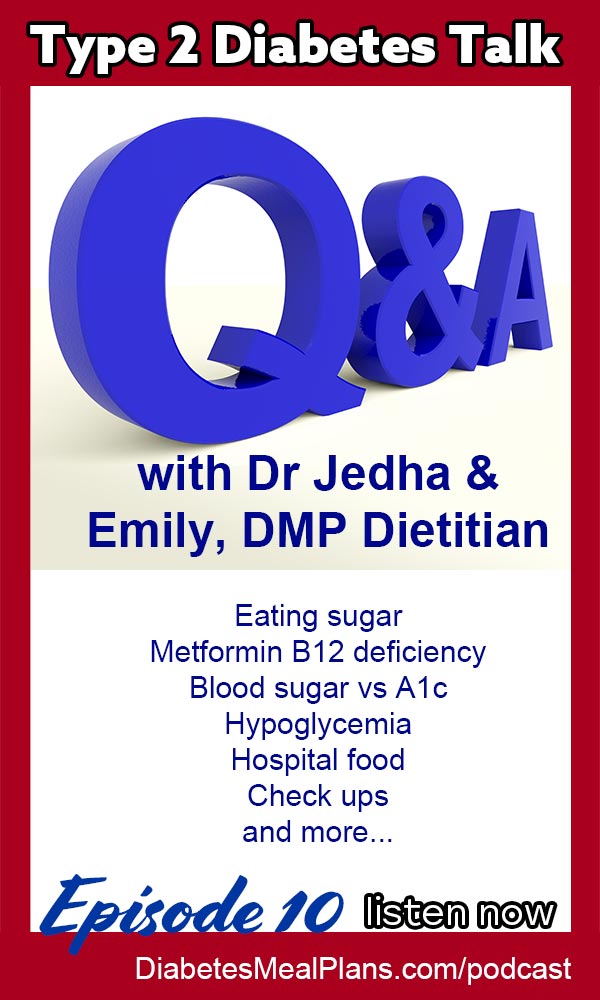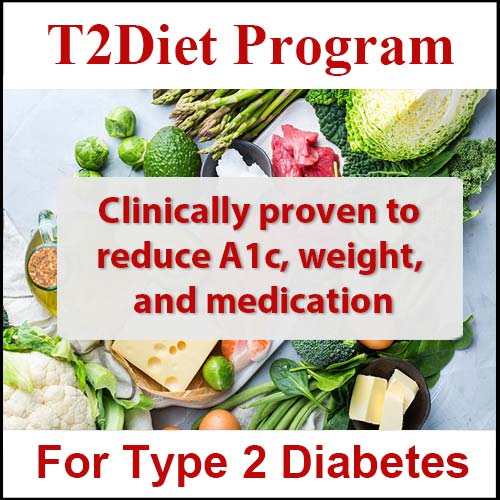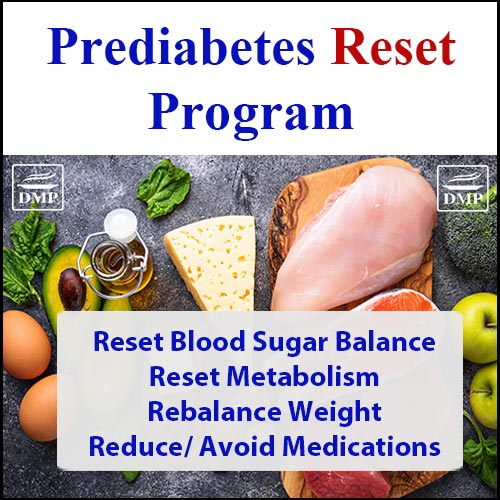Table of Contents[Hide][Show]
In this episode DMPs dietitian nutritionist Emily joins us for a deep-dive Q&A session, answering questions submitted by our listeners, members and subscribers. To submit your question for the next Q&A session, leave us a voice message or email.
LISTEN TO THE PODCAST
CHAPTERS
6:30 Do I have to stop eating sugar everyday?
7:42 Is it possible to lower my blood sugar without any diet?
8:58 Does metformin cause B12 deficiency?
11:48 What does my HbA1c reading mean?
13:31 What is hypoglycemia?
16:51 What to do about hospital food?
20:14 How often do we need to go for a checkup?
22:01 I need tips of different country food products
24:03 What’s the best low carb nut milk replacement?

Subscribe to Type 2 Diabetes Talk on: Apple | Spotify | Amazon Music | Audible | YouTube | Podcast Index | Player FM | and more…



Leave a Reply